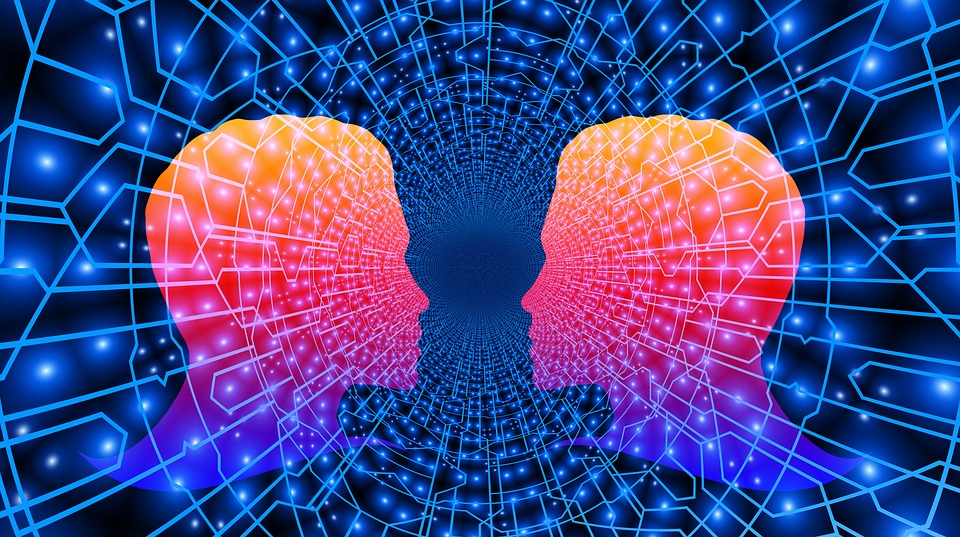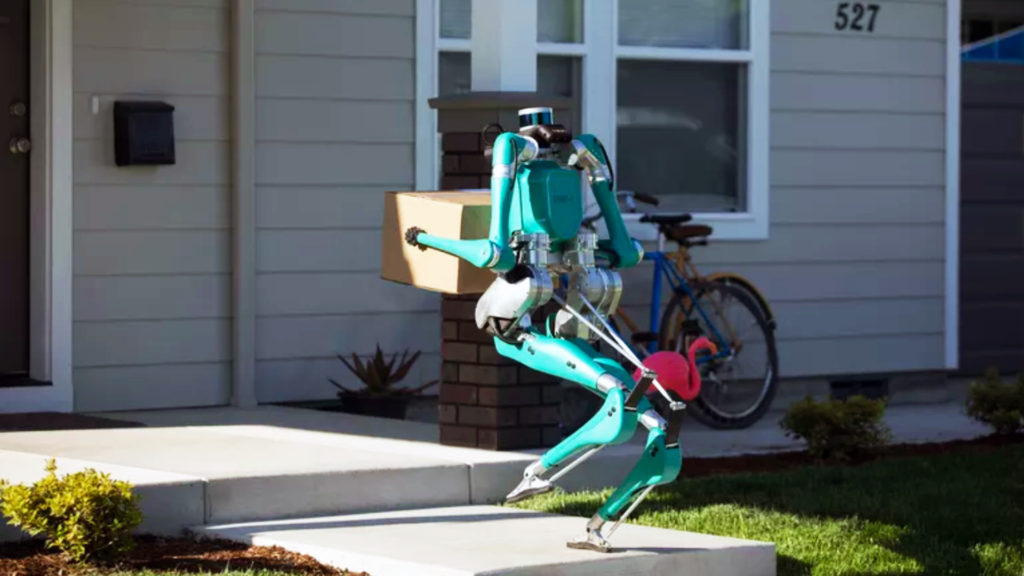Artificial Intelligence: Powerful Tool, But It’s Not Taking Over Your Life – Yet!
It’s hard to believe that the modern artificial intelligence (AI) revolution is just seven years old. If you hop onto YouTube and type “artificial intelligence” into the search bar, limiting your results to those before 2011, you’ll find virtually nobody talking about. Do the same search again without any time restrictions, and you’ll come across dozens of lectures, fan videos, and enthusiastic CEOs talking about the potential of the technology.
What changed?
The big breakthrough happened in 2012. Google found that it could use neural nets, an AI technology developed by Marvin Minsky in the 1950s and 1960s and further developed by other AI researchers in the 1980s, to train a computer to “see” cats. From that point on, devices became better at recognizing faces, sounds, and even translating languages.
Today, the world is awash with the promise of artificial intelligence. For the first time, computers are able to learn by themselves and do things that it was thought only humans could do, like drive a car or recognize a person’s face. Companies, like Amazon, are introducing the first robot home assistants. It’s a remarkable achievement, but there’s still a long way to go.

AI Is A Complementary Tool
Many AI commentators believe that it is a fundamentally disruptive technology. It will sweep across virtually all industries, they say, changing their fundamental nature and leaving thousands, if not millions, unemployed. It’ll be just like how the internet disrupted traditional media, but on steroids.
Granted, this might happen in a few, select industries, such as taxis, but it is unlikely to occur across the board. The reason for this is that artificial intelligence isn’t capable enough right now, and probably won’t be in the future either.
Engineers have a problem. Artificial intelligence is very good at completing well-defined tasks that can be decomposed into an underlying optimization problem. But there are many things that intelligent beings, like people, do that aren’t all about maximizing an objective function. Sure, people drive as safely as they can, maximizing the chances of avoiding a collision, but they’re not optimizing when they engage in a conversation or use their imagination. Sometimes, talking and thinking are fun for the sake of it.
AI has another problem: common sense. The Google system that could “see” cats had no idea that cats were animals or that animals are alive, or that it exists in the universe at all. All it did was look at pictures and then estimate probabilities that what it was seeing was a cat. That was all. It had no soul, consciousness, or anything else that usually comes wrapped up with intelligence.
In an interview about why radiology is at a crossroads, Dr. Paul Parizel, Chairman of Imaging at the University of Antwerp and former President of the European Society of Radiology, reduces the problem of current AI technology to its essential features. For years, futurists have predicted the end of radiology, he says. But AI is more of a statistical or mathematical tool that can alert radiologists to possible pathology in a scan. You still need a human in the loop to confirm the findings of the machine and communicate them to patients and other medical professionals.
Radiology is perhaps the best example of artificial intelligence as a complementary technology. Sure, you can apply it by itself, but it works much better when you combine it with a human operator. Parizel says that the technology will free up radiologists to do less repetitive and tedious tasks, such as consulting with colleagues about results and assisting in patient care.
Breakthroughs Are Still Needed In The Basic Technology
The explosion in the effectiveness of today’s artificial intelligence systems is primarily because we now have extremely powerful computers that can process vast amounts of data to train neural nets. The field of artificial intelligence initially abandoned the idea of neural nets because they never imagined that there would ever be enough computing power in the world to train them. Moore’s law continued, however, for another fifty years and people started uploading vast troves of information to the internet, making the breakthrough possible.
Astute observers of the technology will have noticed something, though: there have been very few genuinely breakthroughs at a fundamental level. Even leaders in the field, like Geoff Hinton, say that the lack of basic science means that we won’t get something like HAL 9000 from A Space Odyssey anytime soon (not that we want to). Current AI technology is excellent in well-defined roles, but it doesn’t know it exists, and it has no understanding whatsoever of context. People know that other people have feelings, but robots do not.

So Where Does This Leave Us?
There’s no question that artificial intelligence will add tremendous value to the economy. Just think of all the jobs that could be done by robots imbued with the ability to recognize objects, lift them up, and put them down. Millions of hours of human labor currently dedicated to those tasks could be freed up for more productive activities.
But as it stands, artificial intelligence isn’t moving linearly towards the general intelligence that most people imagine. What’s more likely to happen is that AI gets very good at well-defined tasks, but can’t move beyond them. In twenty years, for instance, an AI system may be able to translate French into English perfectly or drive a car 100 times safer than a human, but it won’t be able to start a business or take a job as a digital marketing professional. Companies will still need real people.
As AI makes breakthroughs over the coming years, expect the hype to reach new levels. But for every advance you see in the space, ask yourself the question: is this an evolution of existing technology, or does it represent something radically new?
If it’s the former, then the chances are that humanity is safe for now. Life will continue as normal, and robots won’t take over the world. If, however, it’s the latter, all bets are off.


